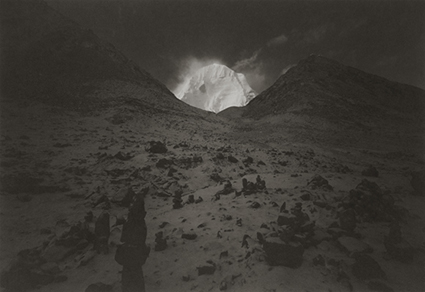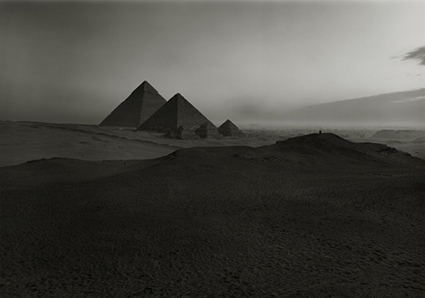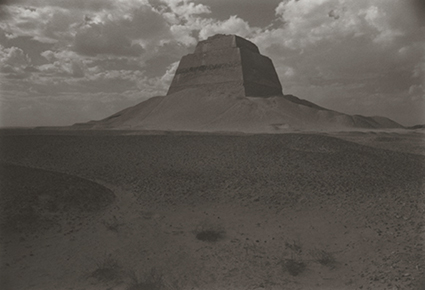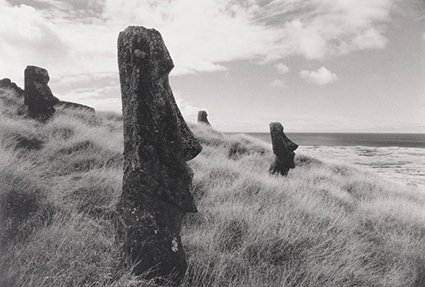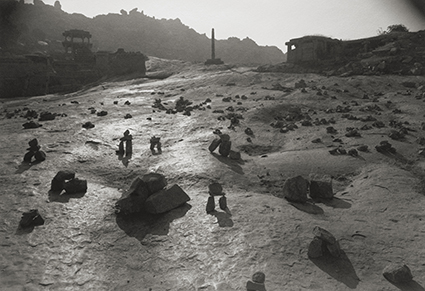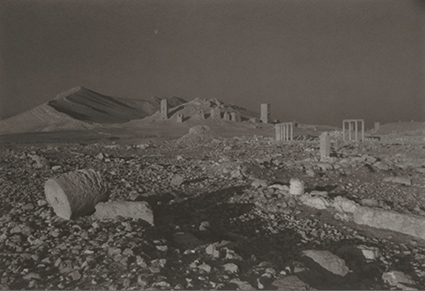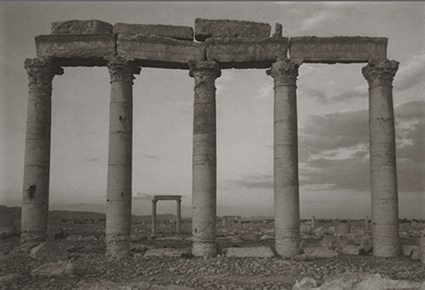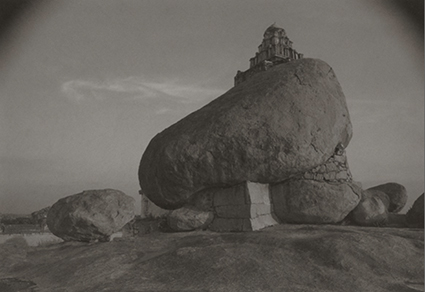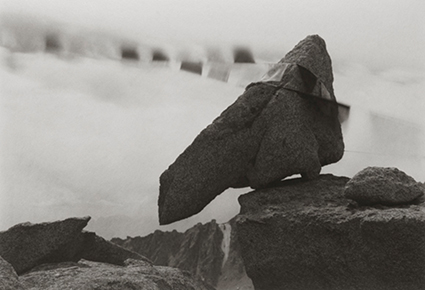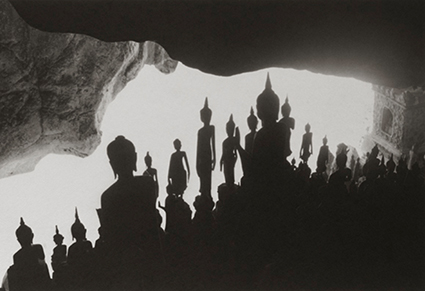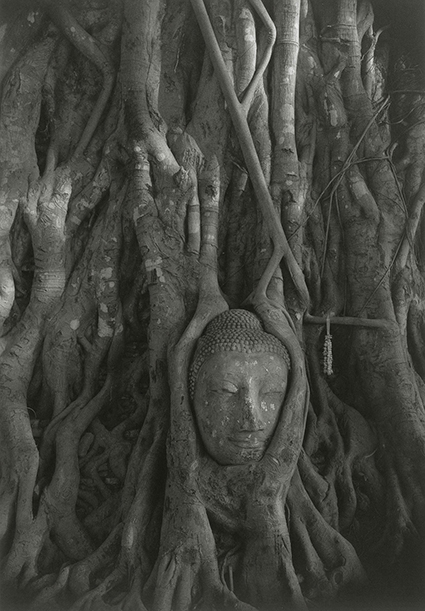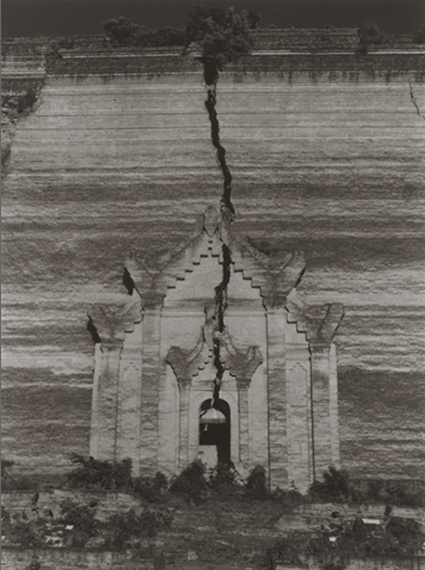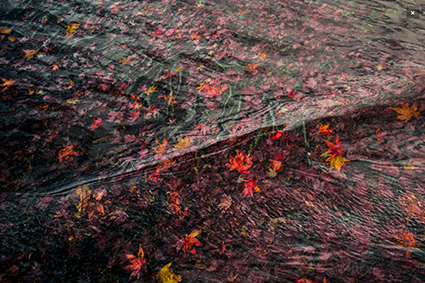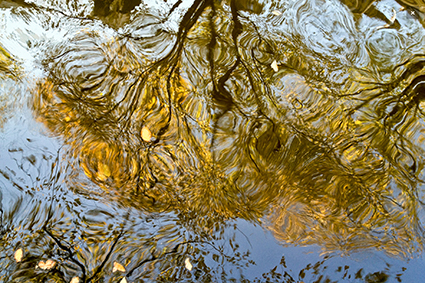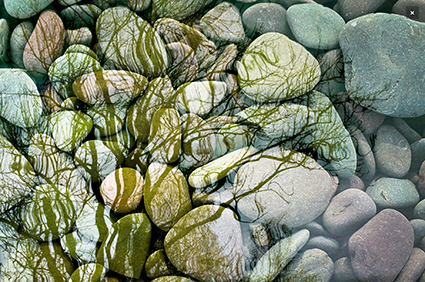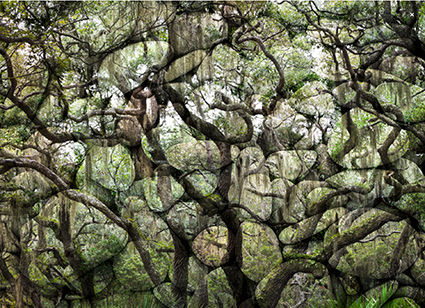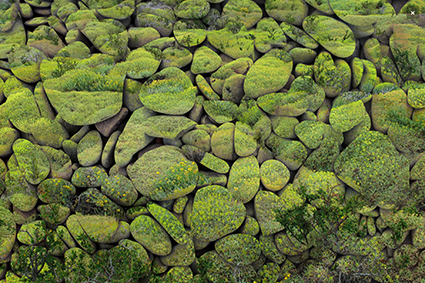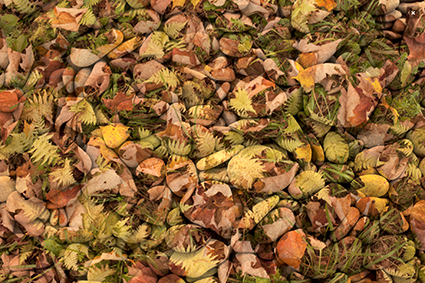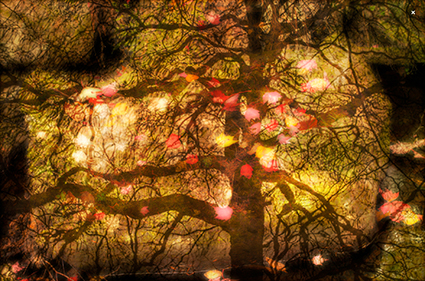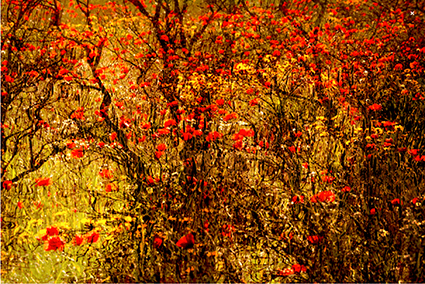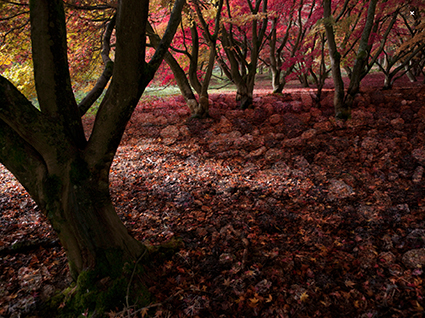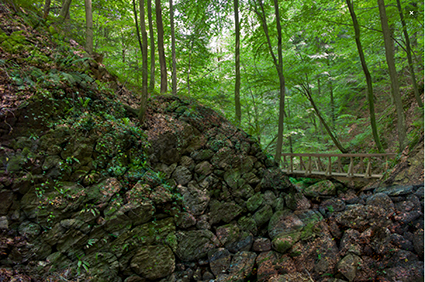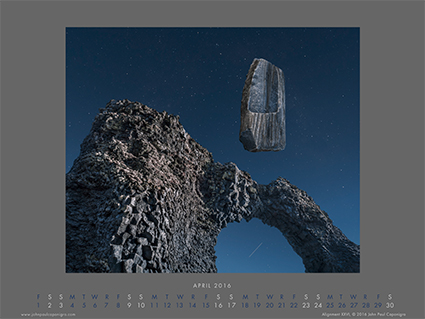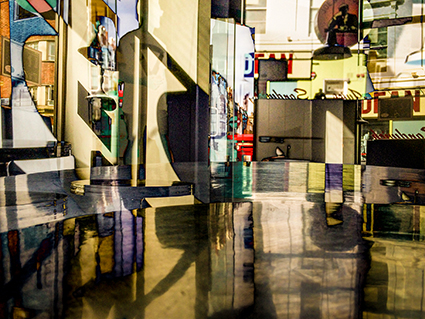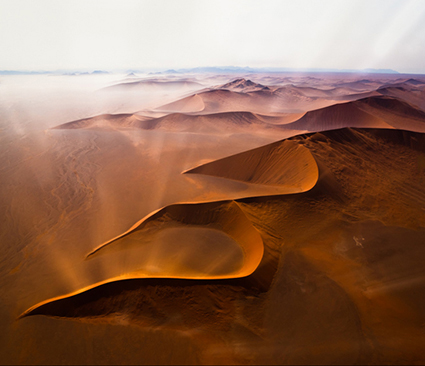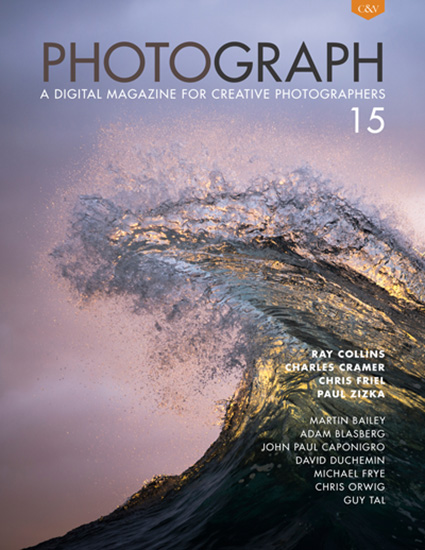9 Great Quotes By Photographer Kenro Izu
Enjoy this collection of quotes by photographer Kenro Izu.
“Feeling is a very important aspect because my subject is sacred sites. There is a very strong spiritual feeling regardless of what the religion was. The important thing is the spirituality of these monuments. It’s not just a photograph of a building. The building has to be there to photograph but the atmosphere is what I’m really interested in. The building is a representation of that spiritual side. Without architecture there is nothing I can photograph. But what I’m photographing is atmosphere, air actually surrounding that monument.” – Kenro Izu
“I try to teach students to try to see with your eyes not through the camera because through the camera is always something different.” – Kenro Izu
“If you don’t see it you don’t get it. If you see you’ll get it.” – Kenro Izu
“When I’m fresh things always surprise me somehow. But if I see something everyday for one month then it doesn’t surprise me anymore.” – Kenro Izu
“I took so many pictures and I never gave back. I thought in taking we have to give something.” – Kenro Izu
“We photographers are privileged to have a communication tool like the camera. It’s great communication. I have to use that privilege for good not just for my career or artistic or personal business.” – Kenro Izu
“People always ask me why I am photographing stone monuments. It’s the closest thing to something that lasts an eternity. But look here there is a border line between the sand and the stone. It’s so vague. When I saw this I thought, “Stone is not forever.” Everything eventually goes back to the soil or water.” – Kenro Izu
“In general what I learned was in the west something eroded, rotten, disintegrated is not something beautiful. Fresh is better than dying. Sometimes I got very weird comments when I photographed a dead or dying flower. They said, “Why don’t you take it when it’s really beautiful?” That’s a different point of view. One might think these roses are ugly, that two days before they were much prettier. I see both ways. When they were in full bloom, peak, they were beautiful, of course. But I see this as equally beautiful. In a way it is more beautiful to me. I sometimes wonder if that is one difference between eastern and western.” – Kenro Izu
“I try to search my own sense of beauty. And where I can see it, I use it as a study, thinking about what is life and what is death. It’s a big subject and I still can’t figure out what it’s about. But by observing I can sometimes feel … but I can’t really say.” – Kenro Izu
Read our conversation here.
Find out more about Kenro Izu here.
Read Great Quotes By Photographers collections here.
View 12 Great Photographs collections here.


